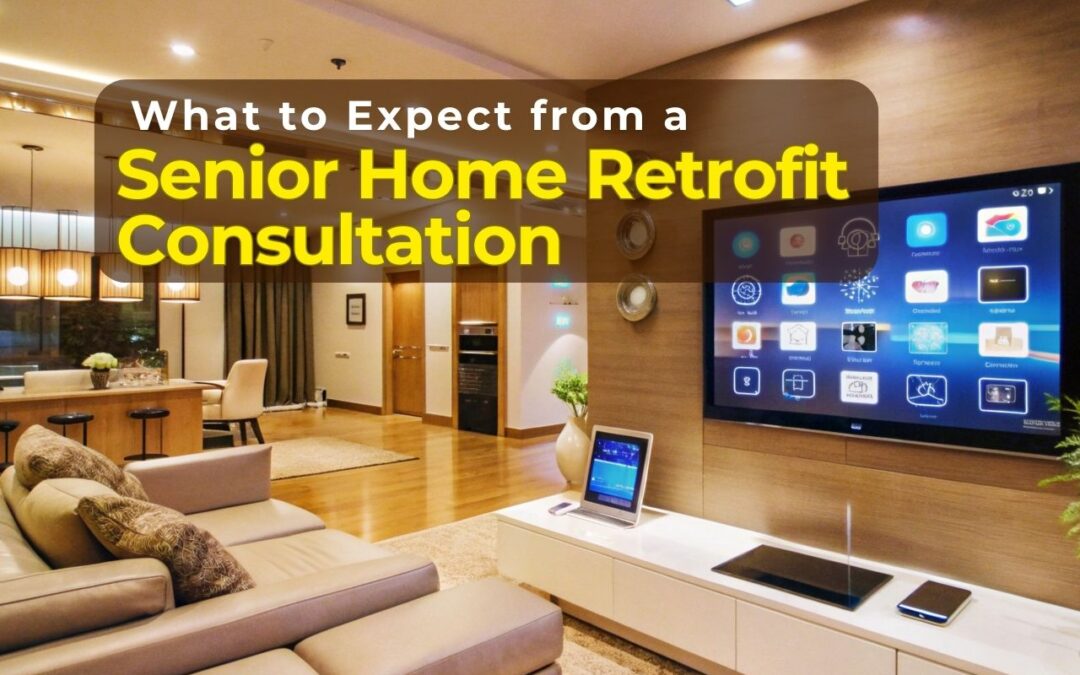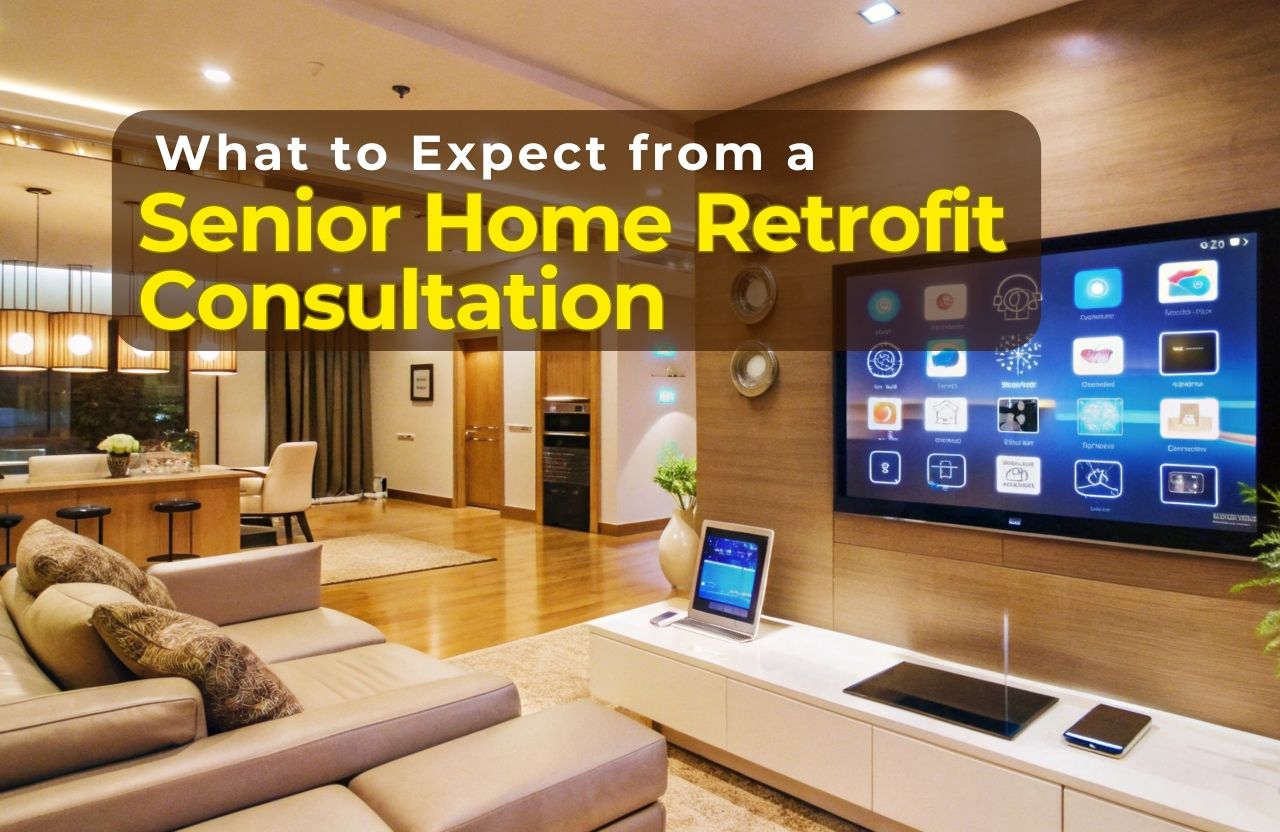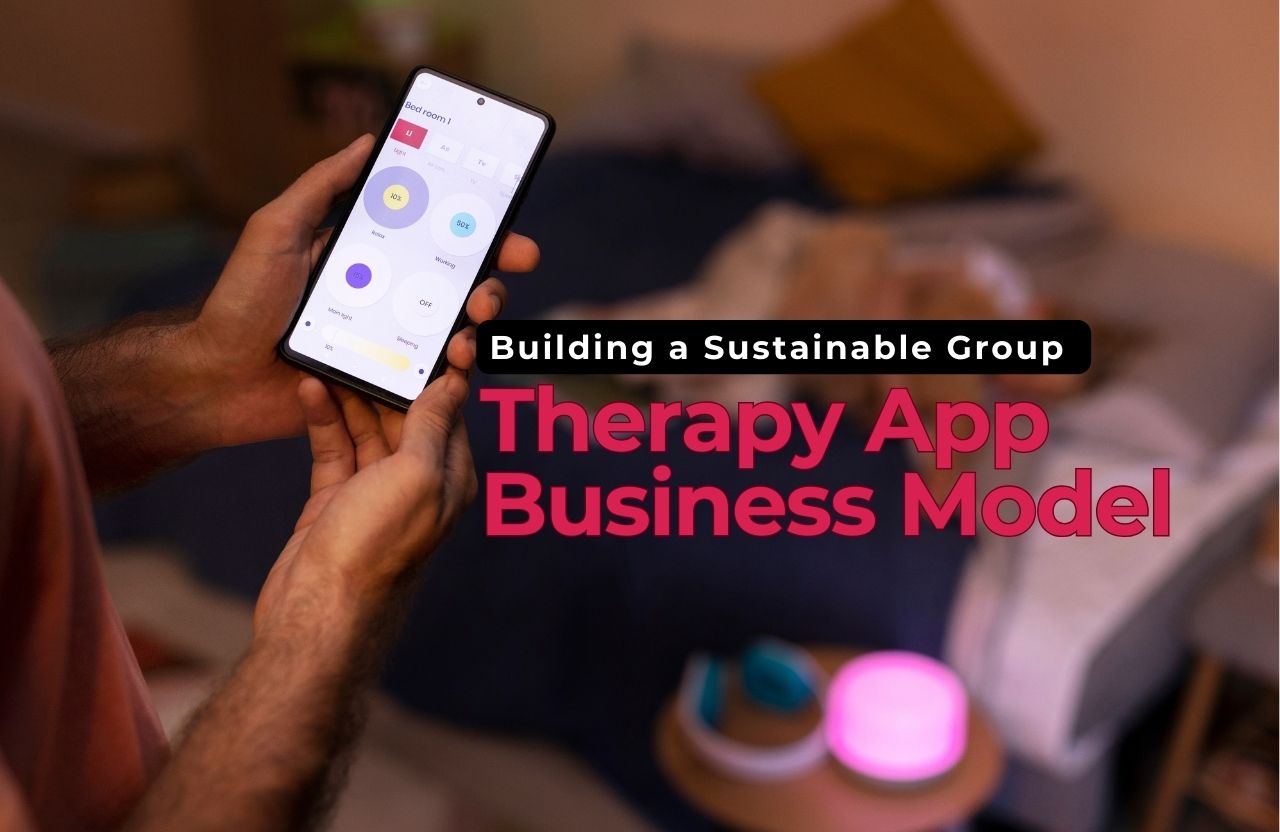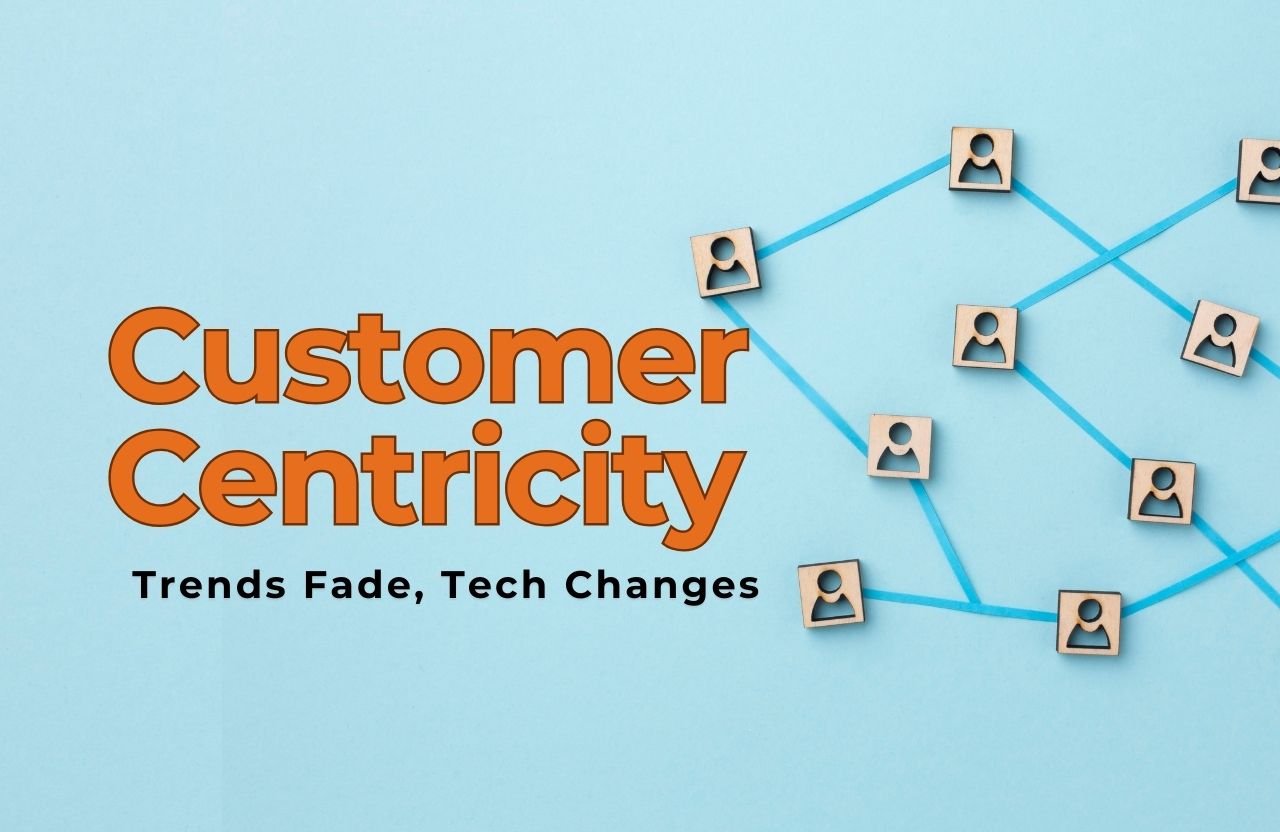For many older adults, aging-in-place is an important consideration. Older adults want to stay at home, surrounded by their memories and the comforts of home not to move to an assisted living facility.
In order to age in place; however, it often requires more than remaining in the home and familiar surroundings. It often requires modifications of the home to allow for safety, comfort and accessibility. This is the area where a Senior Home Retrofit Consultation can assist.
If you’ve ever wondered what happens in this kind of consultation, you are going to find it is not a checklist-only process, its personal purpose and weighs safety, independent living, design and cost. Let’s discuss in detail what you can expect and why this is potentially one of the most important actions you can take towards planning your future.
Step 1: A Personalized Home Walkthrough
Consultation most likely starts with a thorough home evaluation. A qualified practitioner, a CAPS or occupational therapist, commonly walks through the dwelling, observing how the older adult moves through the area and laying out areas of concern regarding safety. They will examine:
- Entryways and front porches
- Bathroom design
- Kitchen accessibility
- Stairwells, hallways and lighting
- Bedroom safety and accessibility
This tutorial isn’t technical alone, it’s conversational too. Consultants inquire about routine, medical conditions and any physical constraints, so that their suggestions are based on actual lifestyle requirements.
Step 2: Safety Upgrades in a Senior Home Retrofit Consultation
The second step involves immediate safety needs like easy fixes that can significantly enhance security:
- Installing grab bars by toilet and shower
- Replacing tubs with walk-in showers
- Utilizing non-slip flooring and eliminating loose rugs
- Expanding doorway spaces for walkers or wheelchairs
- Installing improved lightings for hallways and stairs
These might seem like minimum changes, but they make a big impact.
Falls are the most common cause of injury among elderly people, says the CDC and most fall at home. A Senior Home Retrofit Consultation focuses on eliminating those risks right away.
Step 3: Planning for Mobility and Accessibility
Mobility issues tend to occur over time. A quality consultant will prepare the home for potential needs as well:
- Installing ramps or stair lifts
- Decreasing cabinets and counters
- Positioning bath items at accessible heights
- Recommending beds or chairs that adjust to better positioning
The purpose is to future proof the house, so that even when mobility changes the senior will not have to move.
Step 4: Memory Care and Cognitive Support in Senior Home Retrofits
Not all retrofits address physical mobility. For seniors with dementia or Alzheimer’s, consultations involve design aspects supporting memory and minimizing confusion:
- Different Colors for different rooms or zones
- Labeling the cabinets and doors
- Contrast of colors for edges and steps
- Safety locks on potentially hazardous areas such as basements or garages
These are subtle changes but greatly enhance independence with safety for loved ones.
Step 5: Technology and Smart Home Integration
Technology is one of the largest 2025 trends in senior living. Consultants are increasingly suggesting smart home solutions like:
- Voice-activated helpers (for lights, reminders or emergency calls)
- Motion sensor lights to eliminate falls during the night
- Smart locks and video doorbells for home safety
- Med Reminder systems
- Wearable call devices linked to caregivers
These devices are no longer the luxury items they once were, they’re becoming a standard feature in new retrofit designs.
Step 6: Style and Comfort Remain Important
Retrofitting the home does not involve converting it into a cold hospital setting. In fact, 2025 senior living design trends from “SOHO-SCENE” had a lot of emphasis on:
- Customization of things and coziness
- Color schemes using warm neutrals like taupe and terracotta
- Attractive shades like emerald green and dark sapphire
- Furnitures to be made with rounded corners and also supportive cushions
- Lots of natural light, benefits mood and reduces depression.
A consultant must be aware to balance form and function while also valuing the comfort of the home as a private place.
Step 7: Energy Efficiency and Sustainability
We’re always talking about green retrofits in our consultation for today’s energy efficiency, sustainability and cost-savings possibilities down the road:
- Improved insulation and air tightness
- Updated HVAC systems
- Energy-efficient appliances and lightings
- Solar power or alternative energy sources
As noted by the National Institute of Building Sciences (2025 Moving Forward report), energy-efficient and resilient retrofits can save homeowners 50% or greater on their energy bills and protect against natural disaster.
Step 8: Affordability, Financing
One common objection is that retrofitting will be too expensive. A Senior Home Retrofit Consultation faces this issue head-on by providing:
- Details regarding government grants and rebates
- Recommendations for staged upgrades (beginning with emergency repairs first)
- Retrofitting Costs vs. Assisted Living Costs
- Referrals for contractors that specialize in low cost aging-in-place solutions
In most situations, retrofitting is less expensive than long-term facility living.
Step 9: Emotional Discussions and Family Engagement
Retrofit consultations aren’t only about bricks and fixtures, they’re also about individuals. Consultants frequently invite family members to accompany them on the walkthrough, which allows for open discussion regarding:
- Existing challenges (such as difficulty bathing or using stairs)
- Future concerns (mobility, independence and memory)
- Emotional preferences (remaining in a favorite home vs. relocation)
Discussing these things up front makes it less stressful when health changes occur abruptly.
Step 10: A Definite Plan Ahead
Your personalized plan is provided at the conclusion of the consultation. This typically consists of:
- Room-by-room analysis of suggestions
- Timeline for immediate vs. future improvements
- Estimate of cost and list of financial aid programs
- Referrals to reputable contractors, designers or technology providers
Because this is a roadmap, you won’t be left dangling, you will know exactly what to do, in what order and for what budget.
FAQs
1. What is a Senior Home Retrofit Consultation?
Consider this like a home check-up. An expert will walk through your home looking at your entrances, bathrooms, lighting, stairways and everything in between. They will have suggestions that will enhance your safety and improve your life. They will also discuss your activities, including your medical needs and choices, so that they are making suggestions that fit your lifestyle.
2. What does a Senior Home Retrofit Consultation cost?
This varies by provider and complexity, but usually between $150 – $500. It can be more if you get a full report with costs and contractor suggestions. The best part is many families say it is a sound investment compared to the ongoing cost of assisted living.
3. What are the most common upgrades for seniors?
The most common upgrades are those that support safety and independence in daily life like:
- Grab bars next to toilets and showers
- Replacing bathtubs with walk-in showers
- Non-slippery floor
- Wider doorways for those in a wheelchair or to use a walker
- Ramps or stairlifts to better navigate the house
All small changes but make a big difference when trying to achieve independence.
4. Can I access a financial resource to assist with these recommendations?
Definitely! There is rebate, grant and low-interest loan funding available from many programs, such as HUD, the Department of Veterans Affairs or your local aging councils. An ethical consultant will usually be able to send you to them so that the upgrades will not come out of your wallet.
5. How long does the consultation take?
Generally, most appointments will take 1-3 hours depending on the size of your home and your circumstances. Then you are provided a plan outlining what you should do first, what could wait and where to access financial aid if applicable. It’s a simple roadmap, you are never left guessing!
Conclusion
A Senior Home Retrofit Consultation is the process of analyzing your home so that you can remain independent, comfortable and dignified. It combines creative and viable modifications, modern technology, sustainable design and design for emotion to help seniors age in place more safely and more joyfully.
If you are considering one for yourself or for your loved one, please don’t wait until something happens. Early intervention is always better! The correct time to plan for the future is before you have to.
In consultation with the right person, your home can be more than a place to live, it can be a place where you can enjoy your later years without having to worry about safety.













